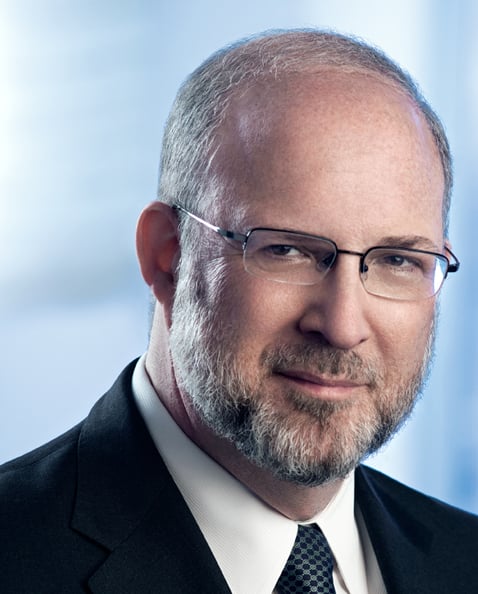A Growing Concern for Directors, Officers, and Others: The Rise of Deepening Insolvency Liability
The so-called doctrine of “deepening insolvency,” as a source of liability for officers and directors of insolvent corporations, gained prominence in 2003 when the U.S. Court of Appeals for the Third Circuit held it to be a viable cause of action under state law. “Deepening insolvency” refers to wrongful actions by corporate fiduciaries and others that prolong the life of an insolvent corporation that is experiencing operating losses, thereby diminishing the ultimate recovery to creditors. In the past few years, lawsuits raising claims based on deepening insolvency have been brought against a wide range of defendants, including directors and officers, lawyers, accountants, investment bankers, financial advisors, lenders, placement agents, underwriters and controlling shareholders of insolvent companies.
Most courts that accepted the doctrine have ruled that defendants in a deepening insolvency case face liability only if they have fraudulently concealed the insolvency of the company in causing it to incur more debt, but the limits of the doctrine have not been well defined. In particular, certain courts do not discuss and appear not to recognize application of the “business judgment rule” as a defense to liability and express a willingness to impose liability based on an after-the-fact assessment of the wisdom of management decisions made under very difficult business circumstances.
Critics of deepening insolvency have argued that the doctrine improperly abridges the protections that directors and officers have traditionally possessed when determining the best course of action for their companies. Since 2003, a number of courts, most notably Federal courts in the Southern District of New York have responded to these criticisms and refused to recognize deepening insolvency as an independent cause of action.
The Fall of Deepening Insolvency Liability: Influential State Court Holds That Deepening Insolvency Cannot Form the Basis of a Plaintiff’s Claim
On August 10, 2006, in Trenwick America Litigation Trust v. Ernst and Young, LLP,1 the Delaware Chancery Court determined that the doctrine of “deepening insolvency” is not a cause of action under Delaware law. The Trenwick court held that Delaware law does not impose an obligation on the board of an insolvent company to stop operations and liquidate. The court stated unequivocally that “[e]ven when the company is insolvent, the board may pursue, in good faith, strategies to maximize the value of the firm. . . . If the board of an insolvent corporation, acting with due diligence and good faith, pursues a business strategy that it believes will increase the corporation’s value, but that also involves the incurrence of additional debt, it does not become a guarantor of that strategy’s success.” The court cautioned that “[t]he rejection of an independent cause of action for deepening insolvency does not absolve directors of insolvent corporations of responsibility.” A firm’s stakeholders continue to be protected by “the contents of their traditional toolkit, which contains, among other things, causes of action for breach of fiduciary duty and for fraud.”
Practical Results: Increased Protection for Directors and Officers; Smaller Litigation Arsenal for Plaintiffs
Because the doctrine of deepening insolvency is a matter of state, not federal law, the Trenwick decision should protect officers and directors of insolvent Delaware corporations from liability for actions taken in good faith that do not violate normal fiduciary duties owed to their company’s shareholders and creditors, even if lawsuits are brought in Federal courts. In addition, because Delaware law is a reference point for principles of corporate governance, the Trenwick decision may have persuasive influence in cases involving the corporate law of other jurisdictions.
1 2006 Del. Ch. LEXIS 139, 2006 WL 2333201 (Del. Ch. Aug 10, 2006).
Stay Up To Date with Ropes & Gray
Ropes & Gray attorneys provide timely analysis on legal developments, court decisions and changes in legislation and regulations.
Stay in the loop with all things Ropes & Gray, and find out more about our people, culture, initiatives and everything that’s happening.
We regularly notify our clients and contacts of significant legal developments, news, webinars and teleconferences that affect their industries.

